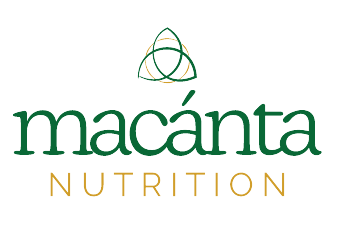Collagen
What is collagen?
Let’s start with the basics. What actually is collagen?
It's the most abundant protein in the body, and is the main component of our bone, skin, muscle and ligament structure.
It’s found in most tissues, including tendons, gums and eyes.
Its fibrous properties mean collagen adds structure, strength and resilience to both hard and soft tissues.
Good amounts of collagen in the skin are also essential for skin elasticity and plumpness.
What does collagen do?
The bodies of all animals, including humans, contain large amounts of the protein, collagen.
Collagen is what adds structure and strength to our skin, organs, bones, tendons and ligaments.
Collagen - which contains the three amino acids glycine, proline and hydroxyproline - plays such an important role in the body that it reportedly makes up 75% of the skin’s support structure.
In terms of what this structure is and collagen’s role in it all, think of your skin as being a mattress.
Collagen is the frame that’s around your mattress, and gives it the necessary support, shape and structure.
How is collagen formed?
The body makes its own collagen, in a process known as collagen synthesis.
To do this, the body needs a variety of amino acids, mainly glycine, proline and hydroxyproline.
We get these amino acids from protein in the food we eat.
When we eat protein, that protein is broken up into amino acids during digestion.
These amino acids then bind together densely in a tough, rope-like chain to create collagen.
The majority of the body’s collagen is type I.
As much of 90% of your collagen is type I and it is made of very densely packed fibres.
It is this type of collagen that provides structure to so many different elements of the body, including the skin, bones, tendons, cartilage, connective tissue and teeth.
This is the type of collagen that you have probably heard of when it comes skin, hair and nail health, and the natural levels of type I collagen found in the body starts to decline in our twenties.
Due to its prevalence in connective tissue, its decline may result in less firm skin, brittle nails, thinning hair and fine lines and wrinkles.
The fact that it is such a huge part of the tendons, organs and bones makes it essential in remaining active as you age.
Any collagen peptides that you might take are primarily composed of type I collagen.
Collagen type III supports the structure of the muscles, organs and arteries within the body.
It is the second most abundant collagen type and is generally found in reticular fibres such as the bone marrow.


